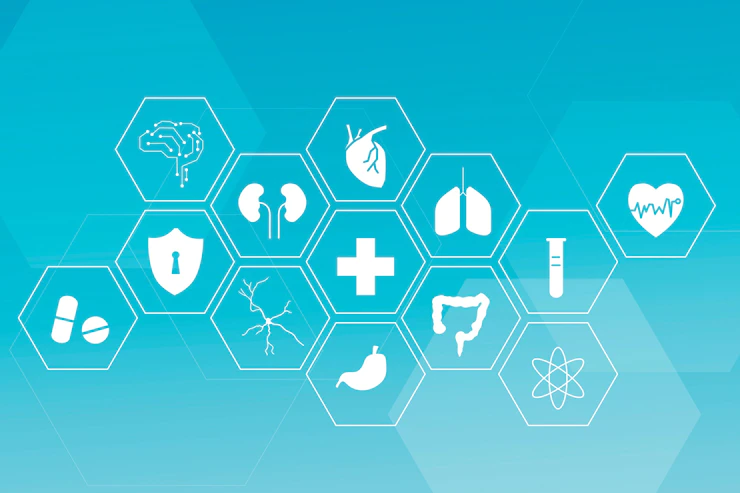
Hipaa violations can be costly and damaging to your business.
HIPAA is a complex and detailed set of regulations that cover the privacy of individuals who use healthcare services. Violating HIPAA can lead to serious penalties, including fines and imprisonment.
You need to follow these best practices to prevent the most common HIPAA violations. HIPAA compliance software can help you track and report your compliance efforts.
Using Data Encryption:
Data encryption helps to protect the data from unauthorized access and usage. When it comes to HIPAA compliance, encrypting the data is one of the best practices that can be employed.
There are a number of reasons why encryption is a good idea when it comes to HIPAA compliance. First, encryption helps to protect the privacy of the individuals who are involved in the data processing.
Second, encrypted data can be difficult for unauthorized individuals to access and use. Finally, encrypted data can help to prevent any potential HIPAA violations from occurring.
Using Rigorous Firewall And Antivirus:

The use of a firewall and antivirus system can help protect your organization’s medical information from unauthorized access, theft, and destruction.
A firewall protects your computer networks by blocking unauthorized access to ports on your computer, while antivirus software helps to protect against viruses and other malicious software.
A firewall should be configured to block all traffic except for authorized traffic from known sources. Moreover, antivirus software should also be installed and enabled on all computers in your network. It should be configured to scan for viruses regularly and remove any that are found.
Monitoring And Tracking The Activities Of Employees:

It is important to track and monitor the activities of employees who are involved in the processing of medical information.
This monitoring should include tracking their whereabouts, accessing their computer files, and monitoring their electronic communications.
Monitoring employees can help you to determine if they are violating any HIPAA regulations. If violations are detected, you can take appropriate action, such as terminating the employee’s employment or suspending their access to medical information.
Educating Employees About The Privacy Of Medical Information:

It is important to educate employees about the privacy of medical information.
Employees should be made aware of the importance of protecting this information and should be instructed not to share it with anyone unauthorized.
Moreover, employees should be informed about the provisions of HIPAA that protect medical information from unauthorized access, theft, and destruction.
Ensuring That All Employees Are Familiar With The Security Features Of The Organization’s Computers:
All employees should be familiar with the security features of the organization’s computers. This includes knowing how to use antivirus software and firewalls and understanding how to protect their computer files from unauthorized access.
In addition, employees should be instructed not to store personal information on company computers. Instead, they should take copies of this information and store them in a secure location.
Have A Security Policy That Complies With The HIPAA Regulations:

It is important to have a security policy that complies with HIPAA regulations.
This policy should address the security measures that will be implemented to protect medical information from unauthorized access, theft, and destruction.
The policy should also specify who is responsible for implementing these measures and what disciplinary action will be taken if these policies are not followed.
Regular Monitoring And Review:

It is important to regularly monitor and review your organization’s HIPAA compliance status. This will help you identify any potential HIPAA violations and take appropriate action measures to address them.
It is also important to keep up to date on changes to HIPAA regulations so that you can ensure that your organization is compliant with the most up-to-date versions of the law.
This will help ensure that your organization’s practices are consistent with the most recent versions of the law and best practices for protecting medical information.
Final Thoughts:
It is important to take measures to protect your organization’s medical information from unauthorized access, theft, and destruction.
By following the best practices outlined in this article, you can save your organization from HIPAA violations and ensure that your patients’ medical information is safe and secure. Moreover, you can use HIPAA compliance software to help you track your organization’s progress and make sure that you are meeting all of the requirements of the laws.
Read Also:







